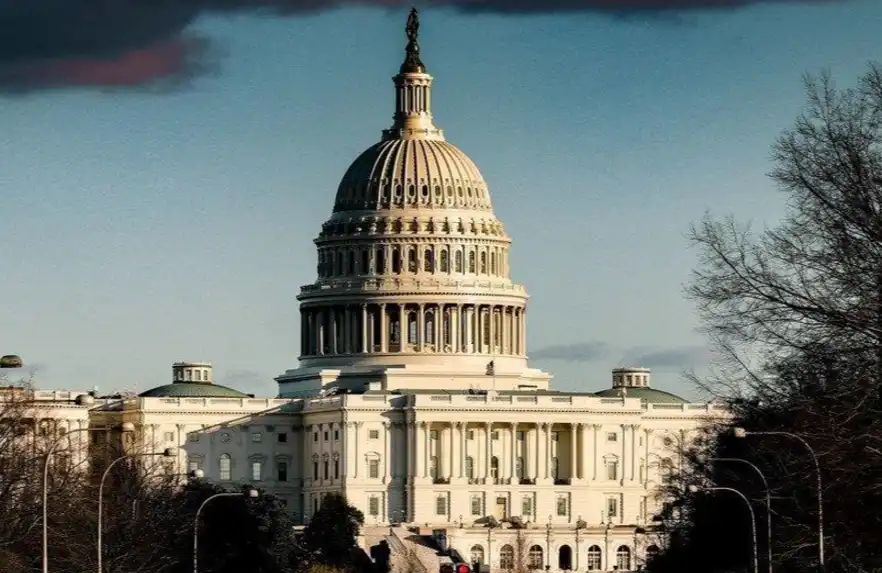South Korean retail investors increased their investments in stocks of companies related to digital assets, mainly stablecoins, while reducing their interest in shares of major American tech giants.

The Korea Center for International Finance (KCIF) reported that the share of crypto-related company assets in the portfolio of foreign stocks most frequently purchased by South Korean retail investors surged from 8.5% in January to 36.5% in June and 31.5% in July, according to Yonhap citing a KCIF report.
At the same time, shares of the seven largest American tech companies became less popular among retail investors in South Korea. From January to April 2025, investors purchased these stocks on average for $1.68 billion per month, while in May only $440 million, in June $670 million, and in July just $260 million.
In July 2025, the most popular shares among South Korean investors were those of BitMine Immersion Technologies, a company specializing in ETH staking. According to Bloomberg data, South Korean retail investors invested $259 million in BitMine shares during the month.
KCIF analysts link the increased investor interest in crypto company stocks to the passage of the GENIUS Act in the U.S., which established the legal status of stablecoins, defined regulatory frameworks for the sector, and opened the way for private companies to issue stable assets. Analysts believe that U.S. legislative initiatives regarding the crypto market boosted confidence in the sector and stimulated demand for related assets.
Overall, in May 2025, South Korean investors sold more foreign stocks than they bought for the first time in several months and continued to reduce their positions in June. The situation changed in July, with purchases once again exceeding sales, totaling $499 million. However, this remains significantly below the January–April average monthly purchase volume of $3.8 billion.
KCIF assesses that the decline in South Korean investor activity is due to:
- strong growth of the South Korean stock market compared to foreign markets;
- strengthening of the national currency;
- concerns about the impact of U.S. tariff policies on the global economy.
In general, KCIF analysts don’t expect South Korean retail investors’ interest in foreign assets to quickly return.
South Korean authorities plan a comprehensive reform of the cryptocurrency sector in 2025, announcing the launch of spot crypto ETFs, regulatory rules for stablecoins, and commission policies for crypto exchanges.




